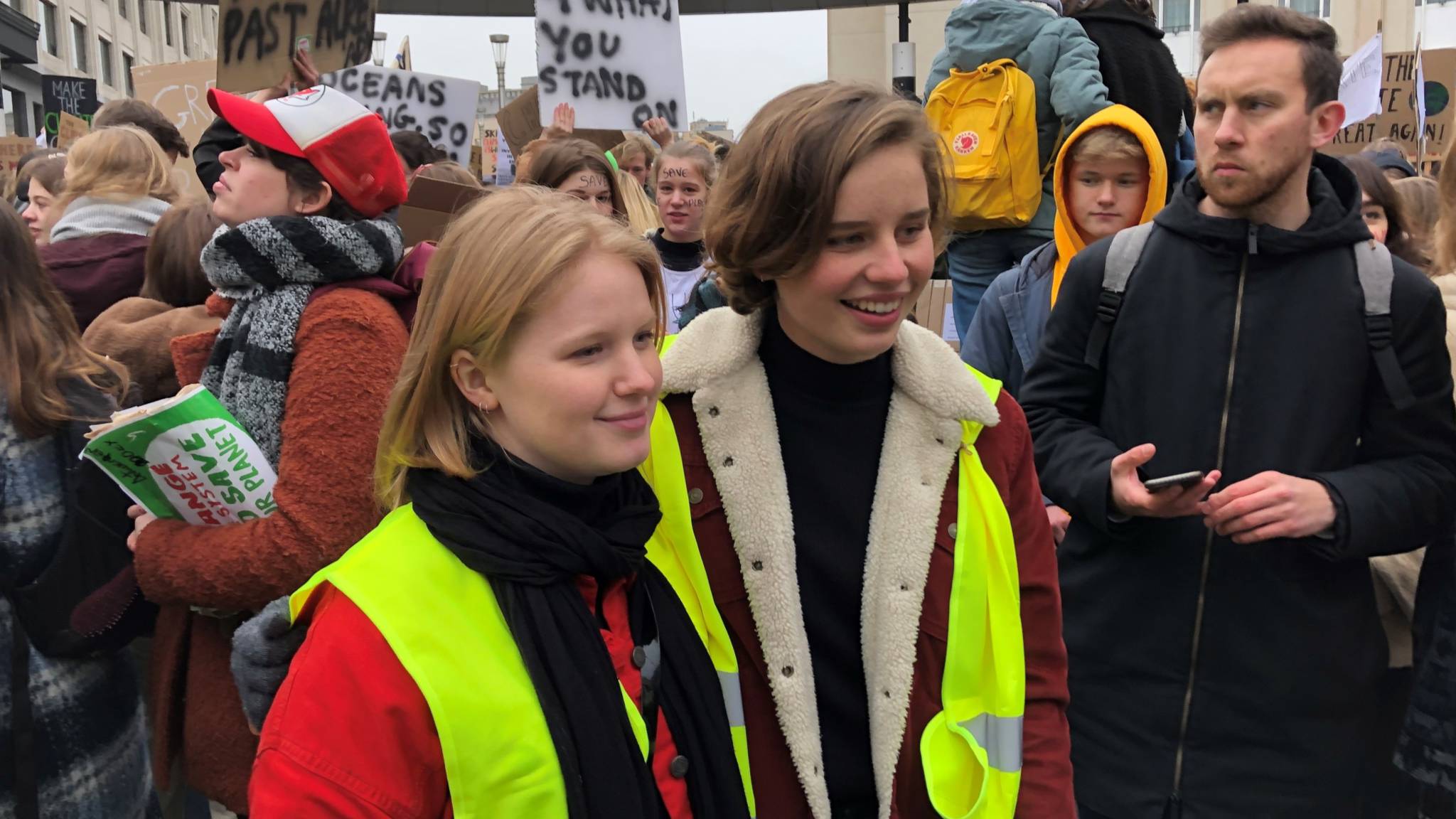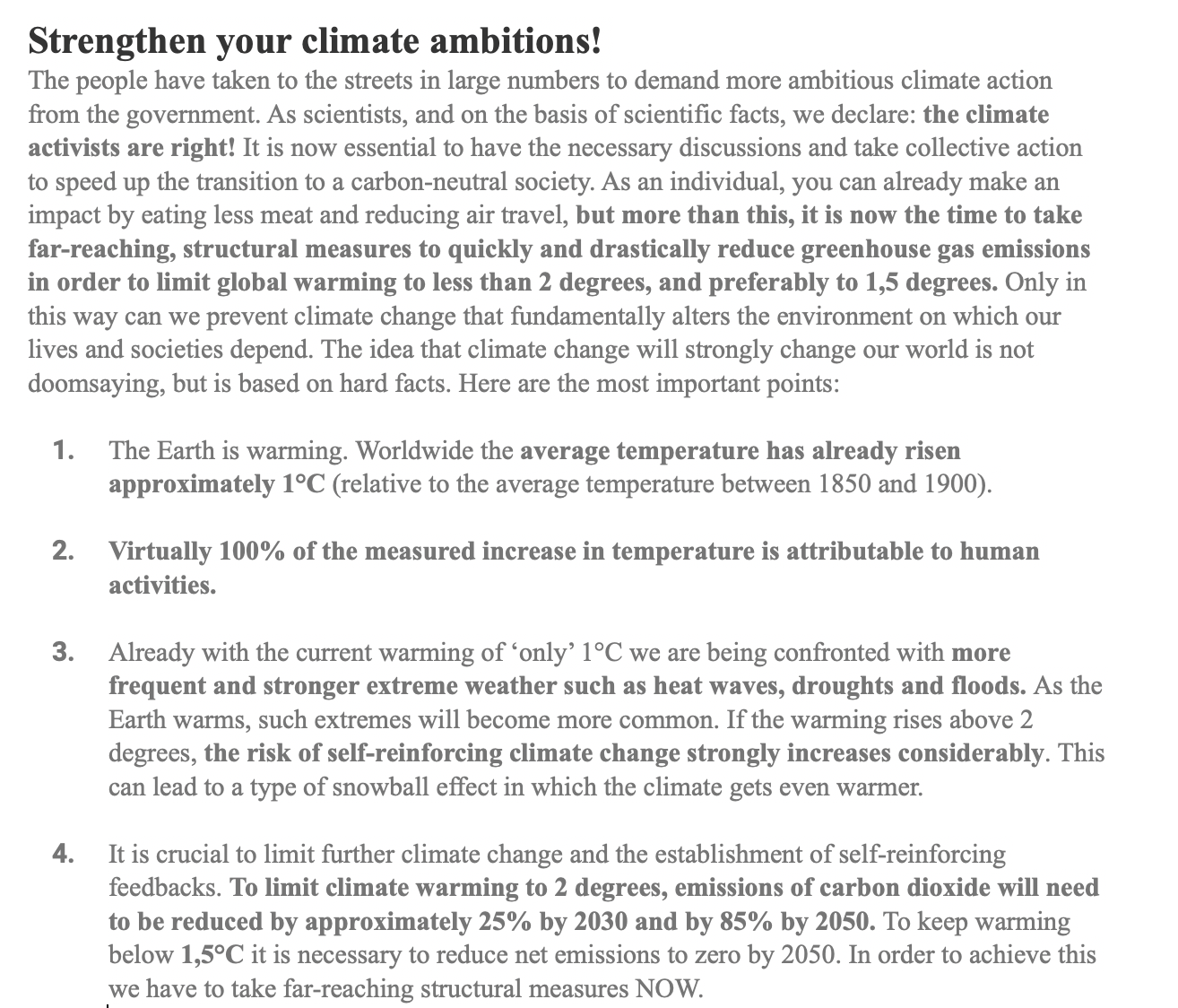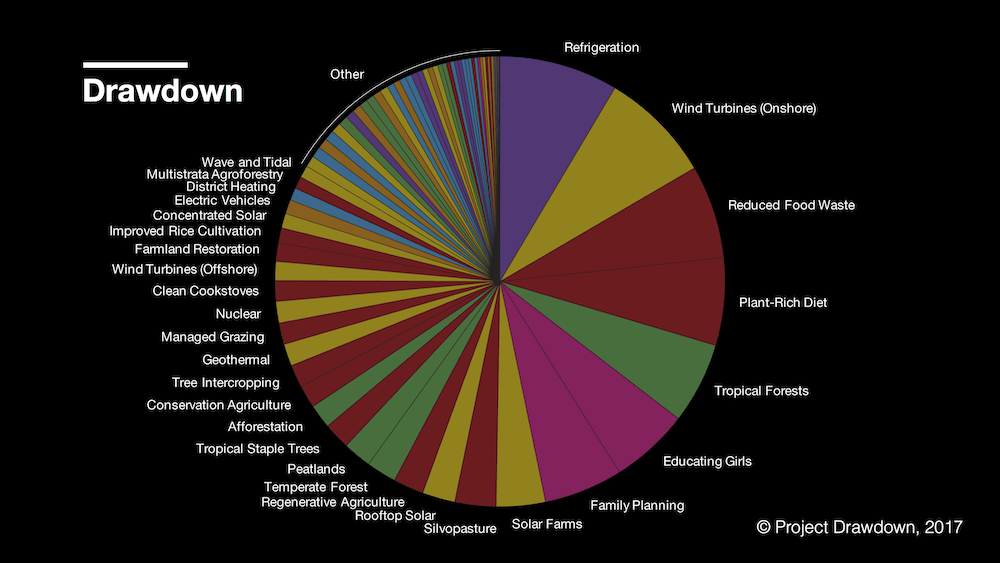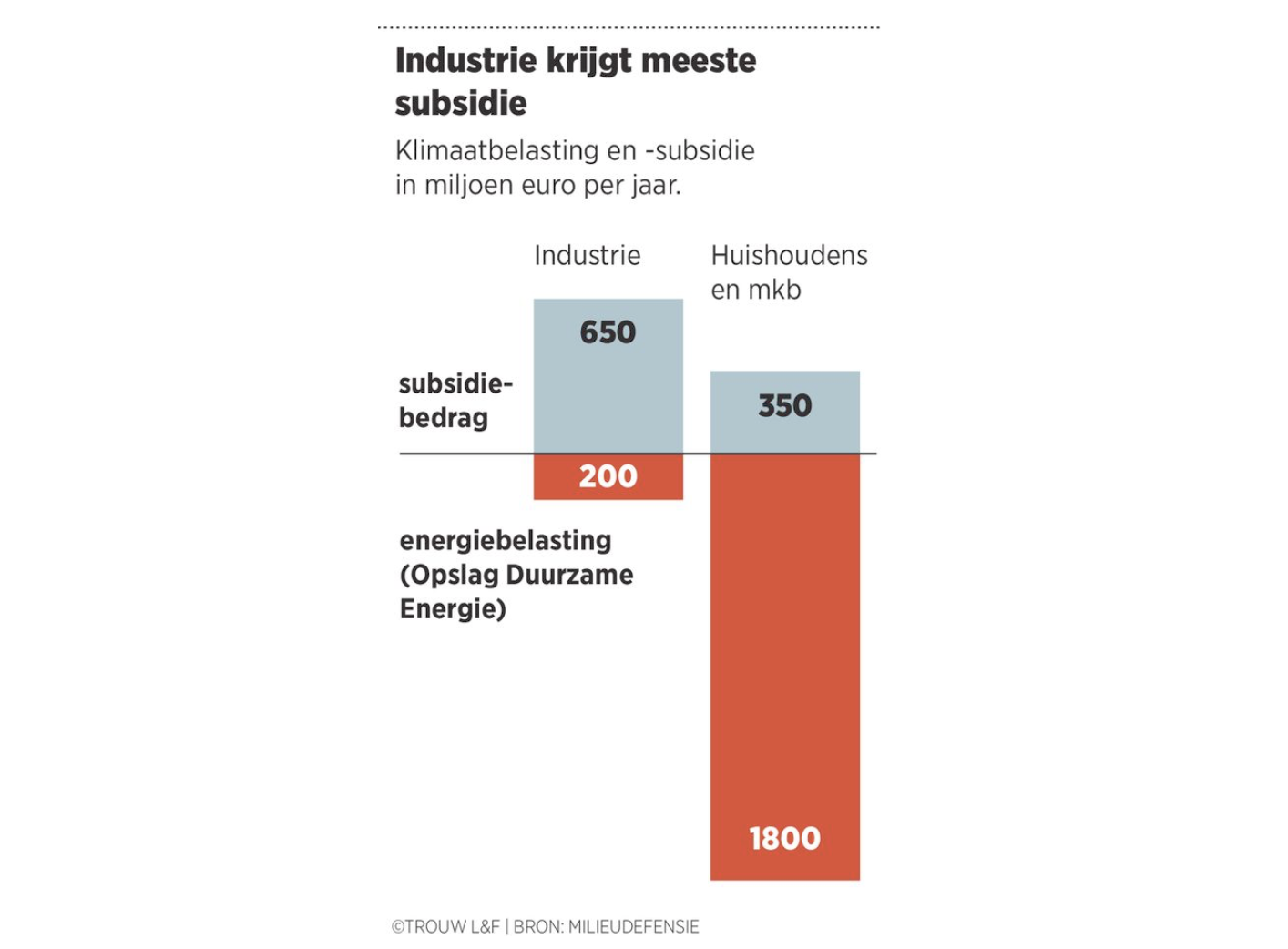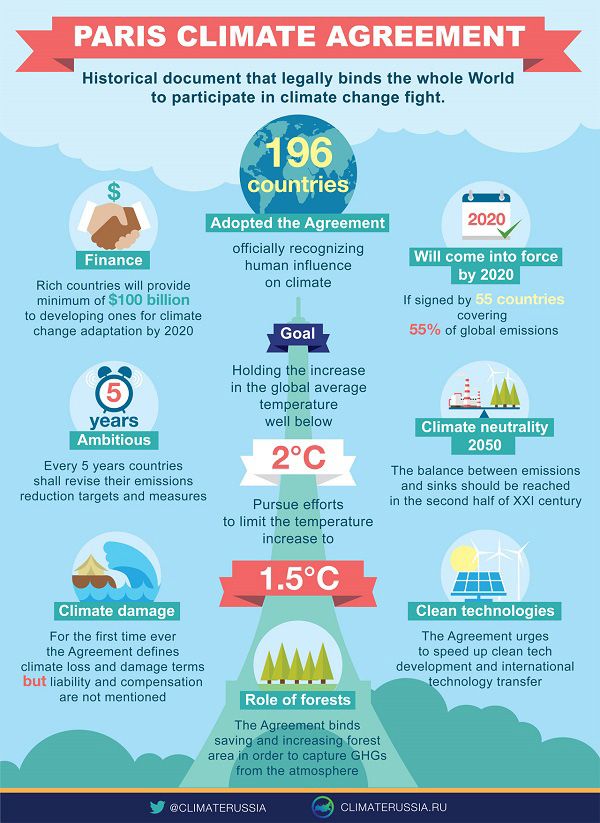Dear Brussels,
Let’s be clear. We can’t ignore it anymore. Scientists have confirmed. Our planet is warming up. Humans are responsible for it. And the consequences are serious.
For those who are still sceptical: the proof is in the numbers, and more specifically the ones from the reports from the IPCC.
- The planet has warmed up 1° since 1880.
- 95% of the climate warming is caused by human activity.
- We can burn 1 trillion tons of carbon before we run the risk of causing dangerous climate change.
Eh wait, climate what? So this doesn’t have to do with recycling my trash? This movie refreshens what it’s all about…
And what about Belgium?
On the Belgian climate website (FR/NL) we learn that the yearly average temperature in Ukkel is 2,3° higher than in the pre-industrial period.
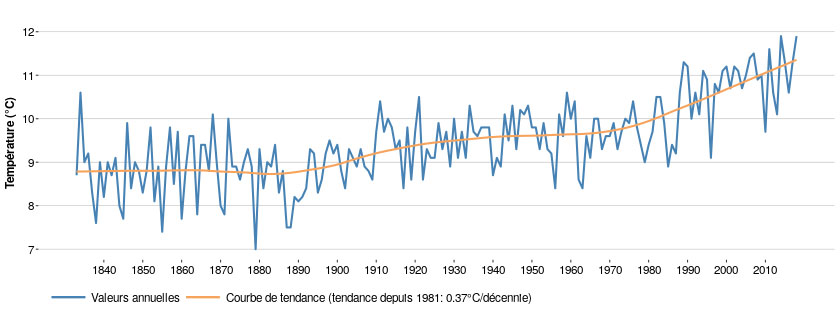
The 20 warmest years since 1833 are in the period between 1989–2017.
The frequency of heat waves increased since 1970 from 1 every 3 year to 1 every year.
The amount of days with heavy rainfall has increasedsince 1950 from 3 to 6 days a year.
The amount of rainfall in the winter increases.

So,… change is needed. And we need to act now.
But wait, Belgium already agreed to become more ambitious, since they have signed the Paris Agreement, right?
The goals of this agreement are challenging but necessary to fulfill: keep the climate warming below 2 °C above pre-industrial levels and pursue efforts to limit the increase to 1.5 °.
But how?
Well, reducing greenhouse gas emissions is technologically feasible and economically attractive. Many concrete solutions exist and are communicated.
Those solutions require a plan for transition, but again, many tools are made to help governments put priorities and take the right decisions.
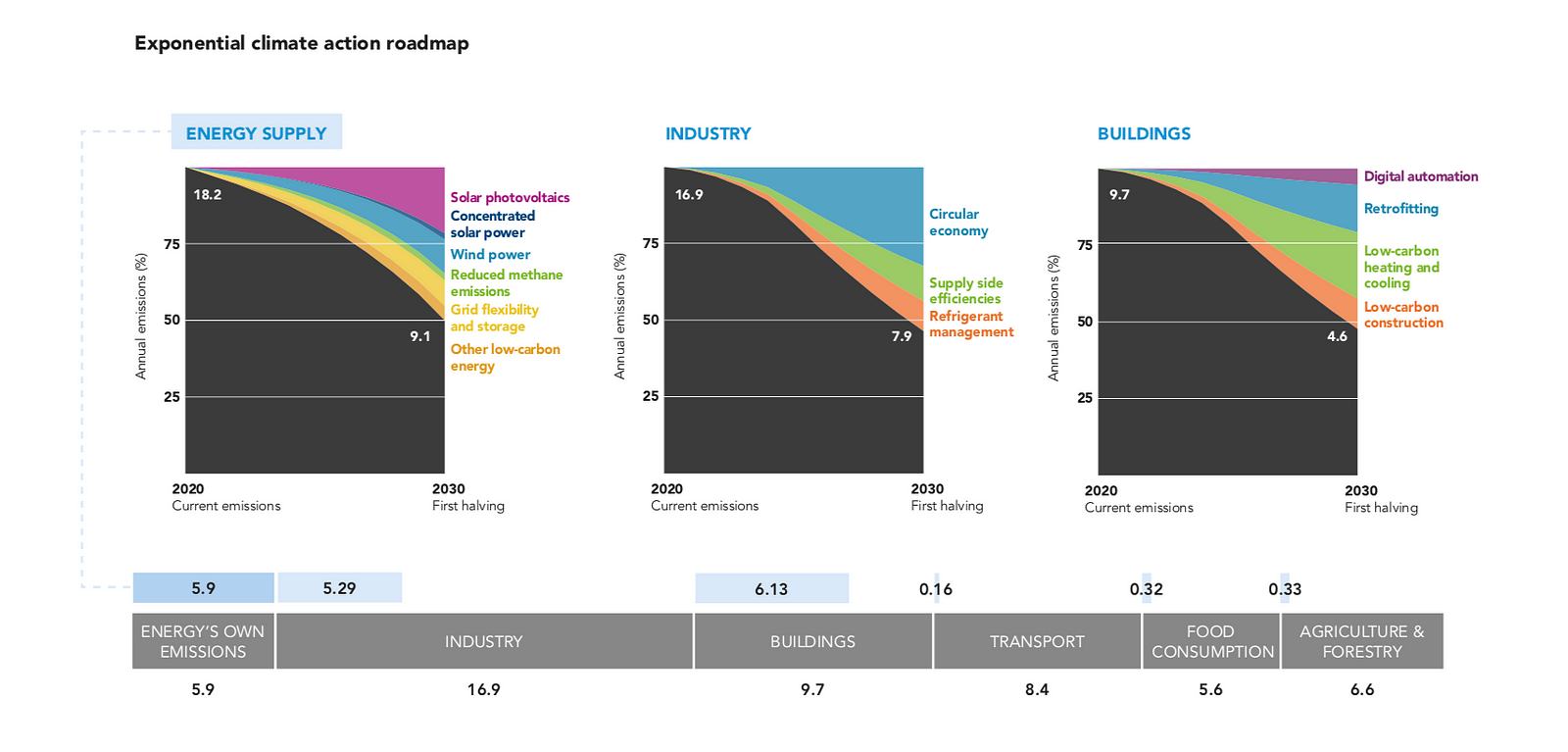
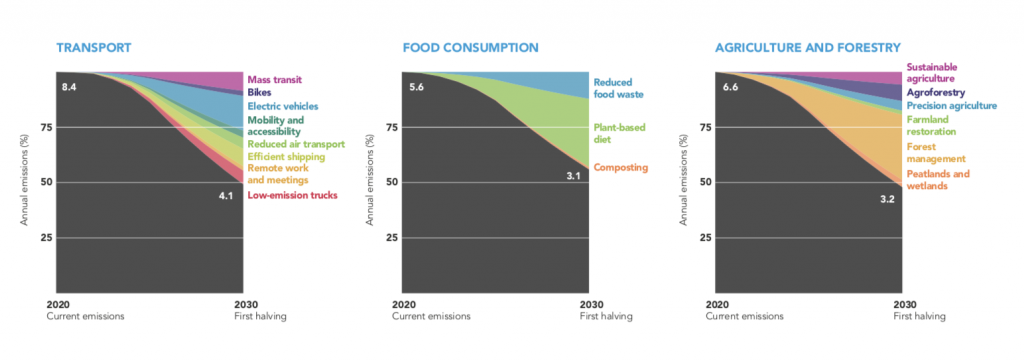
Belgian politicians struggle to translate these ambitions into policy plans though.
And citizens protest. Youngsters do school strike. Companies gather forces. Artists speak up. Activists of all kind come on the streets.
One group of protesters seems different than the others though. The Gilets Jaunes have socio-economic motivations for protesting and claim rising fuel prices, high cost of living, and unfair tax systems.
They protest in a different way. Definitely. But their demands are interlinked with the ones of the other activists.
Climate change affects us all, but…
Climate change is unfair. The people who have benefited the least from our fossil fuel dependencies, and who are contributing the least greenhouse gas emissions, are suffering the most from the consequences.
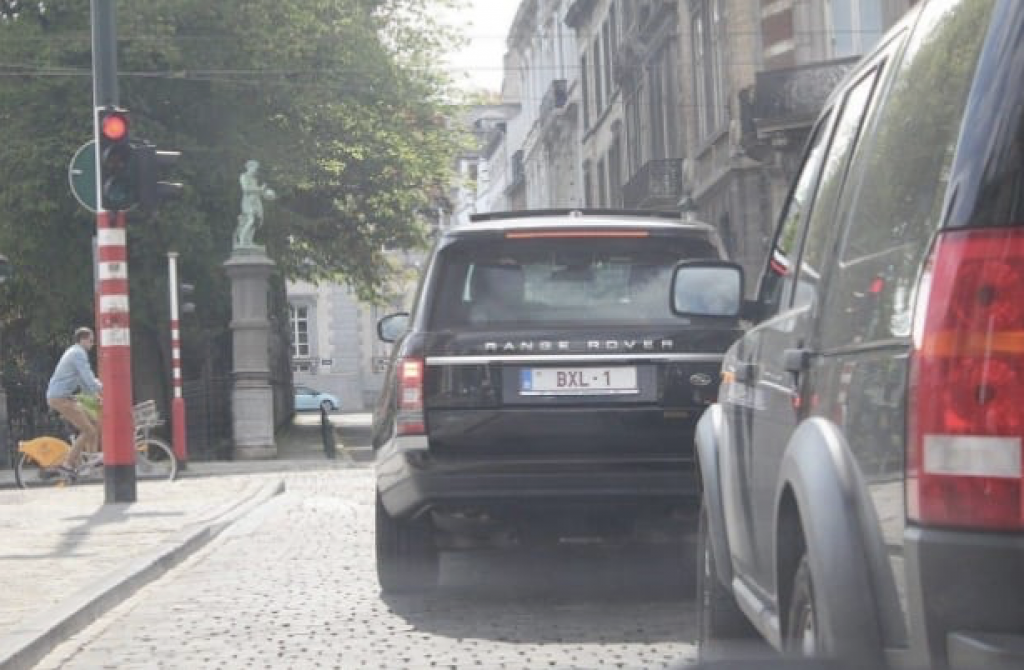
Responses to climate change are also unfair. People who are socially, economically, culturally, politically or otherwise excluded or marginalized typically profit the least from environmental subsidies, low carbon transportation options, resilience measures and energy efficiency savings.
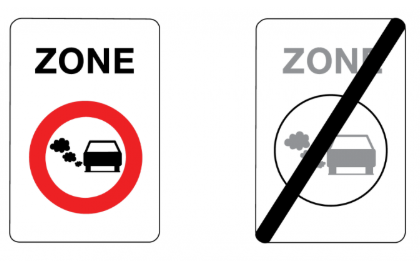
Tackling climate change and growing inequalities simultaneously needs everyone. And it is impossible to tackle climate change without also tackling inequality, and vice-versa.
This has lead us to a very important question:
How will everyone thrive in a climate-proof Brussels in 2030?
Everyone. We talk about Brussels. The most cosmopolitan city of Europe, with a highly diverse population living together on little space, and with many social challenges. 30% of the population lives under the poverty line, the climate isn’t really their first worry. Most families rent, so climate subsidies for renovation aren’t beneficial for them. And a big part of the emissions is caused by commuters, while the people that have to work in the bad quality air, are vulnerable groups.
It makes sense to look at solutions on a city level. The problems in cities are similar and there is a lot of knowledge to exchange.
Besides, cities are the drivers of change. Cities are 3 times more likely to take action if a goal or target has been established. And cities are close to their population. They know their vulnerable population and what the social and cultural challenges are.
So far the challenges, what about the opportunities?
Climate actions bring wider social, economic and environmental co-benefits, such as air quality improvement, low cost renewable energy andemployment opportunities.
Following a low-carbon and climate resilient development path can create a more inclusive urban society.
Inclusivity in climate action planning means:
- engagement of a wide range of communities and stakeholders(inclusivity of the process)
- fairness and accessibility in design and delivery (inclusivity of the policy)
- wider benefits of action as equitably distributed as possible (inclusivity of the impact)
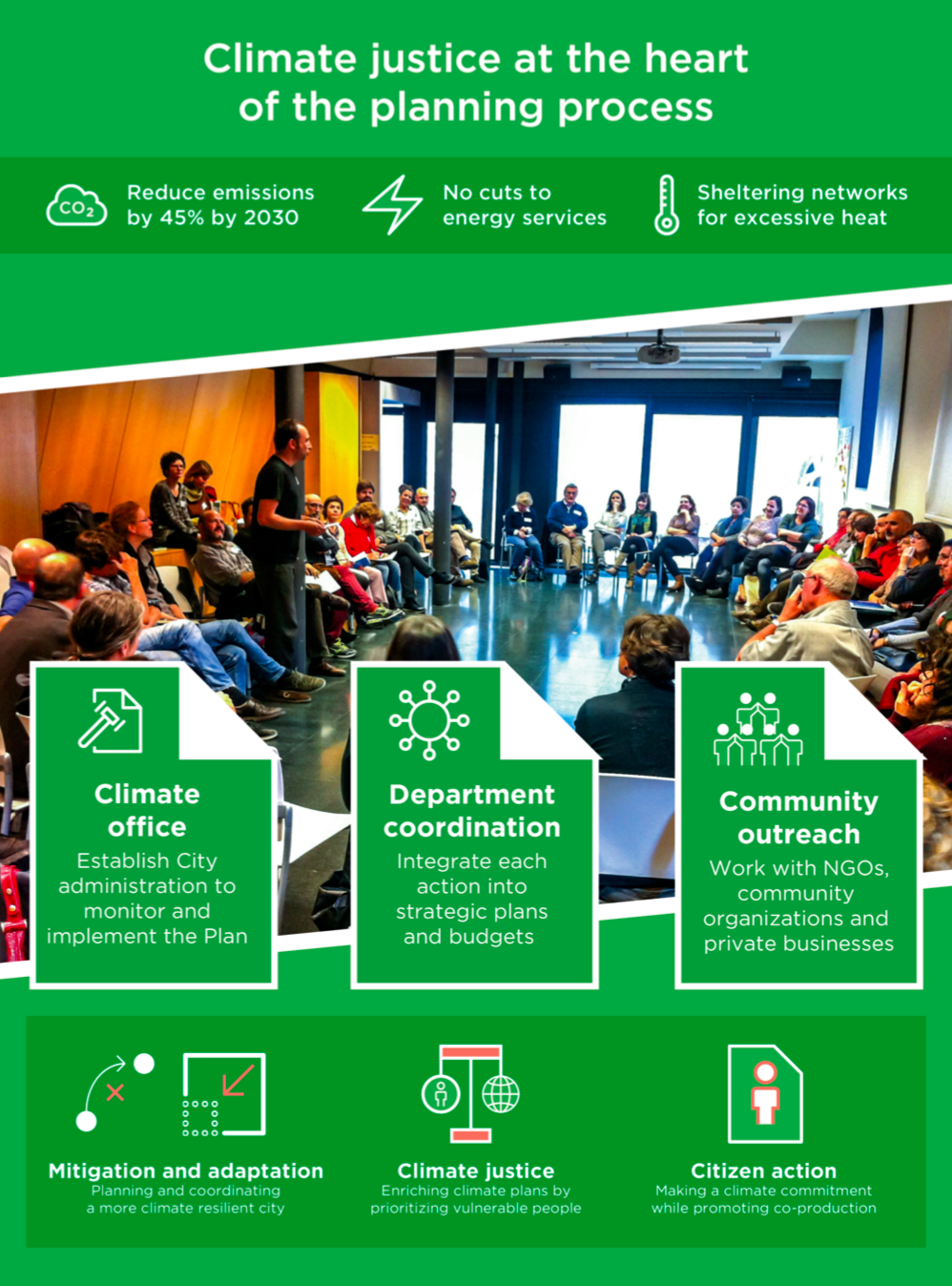
We can learn how to jointly tackle climate change and inequality from existing cases, from e.g. the Inclusive Climate Action report from the C40.
Just a few ideas:
- Build plans that support everyone, and focus on the most vulnerable to climate change
- Implement projects that address multiple needs and provide countless benefits
- Build a diverse and inclusive steering group to ensure successful implementation
- Create access and pricing structures that allow low-income communities to participate
- Hire from local communities to create multiple benefits for residents and increase outreach Adapt your engagement methods based on the target audience
- Use engagement to leverage buy-in from other levels of government
- Create a central public engagement unit to pool resources
- Reach out to the private sector to prompt action
- …







